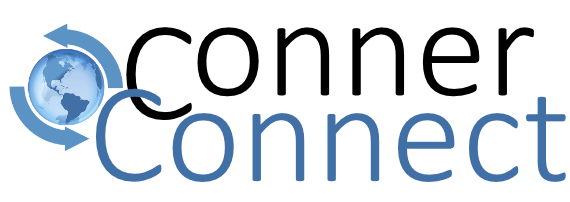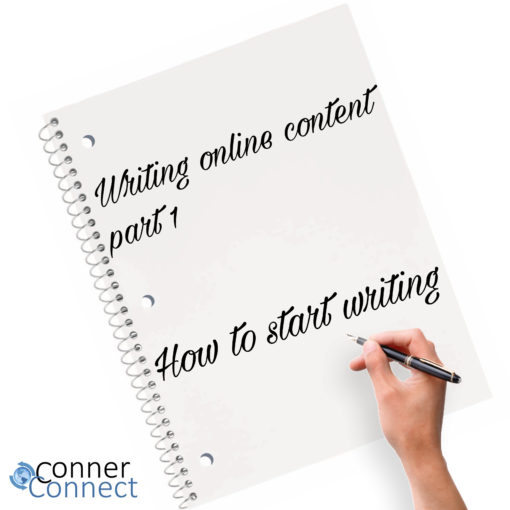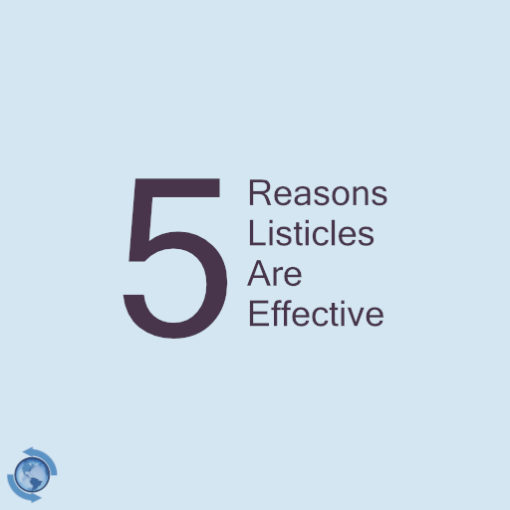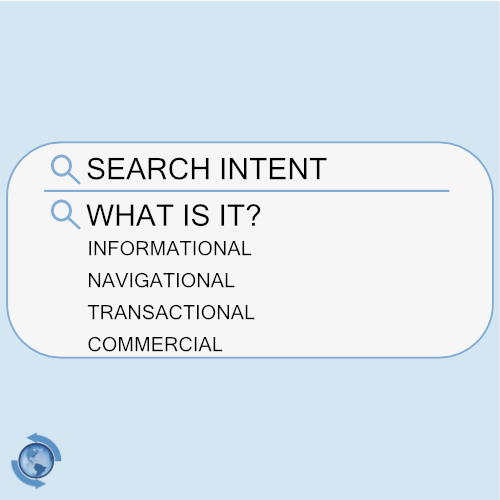Using the Right Hashtags for Your Business
While hashtags may seem obvious or easy, it is important to research them. Sometimes, hashtags you think are perfect for your content really aren’t. Maybe that same hashtag is actually extremely popular at a particular high school or college. In that case, when searched on social media (such as Twitter or Instagram), that hashtag may populate tons of posts for that school… but not for your area of business. Determining the right hashtags for your business is part of having a strong social media presence and getting the right audience to follow you and engage with you.
Do the Research
Conducting a search on the social media platform you want to post on is a great start. Scroll through top posts and most recent, make sure the other posts associated with the hashtag make sense for you and your business. If you’re not finding enough information by just searching the sites, you can use something like RiteTag to help you gather the information.
The point here is that you want to use hashtags for your social media posts that really capture the essence of your brand, your content, and your intended audience’s attention. You wouldn’t try to get clicks on an article about dogs using #cats.
Types of hashtags
There are several different types of hashtags that can be used on social media. Each has its own purpose and can help drive traffic in different ways. While how many types of hashtags varies from article to article (I’ve seen anywhere from just 3, up to 9), we’re only going to get into five of them here.
Trending
Pretty much everyone knows and understands what a trending hashtag is. These are the #things people are discussing #right #now. The volume of traffic for trending hashtags is often huge, but also generally short-lived. If something trending happens to vibe with your brand or content, jumping in on the trending hashtag with a post could be beneficial.
Content
Content hashtags are the ones related to your actual content. Oftentimes, these are industry related, such as #InformationTechnology or #CloudComputing. They can also be used as a quick way to explain the content you’re posting. For example, an image posted on Instagram with two adorable chihuahuas in it would most likely have the hashtags #chihuahuas and #dogsofinstagram. A post about artificial intelligence would likely include #AI.
Brand
Some brands have a hashtag that everyone knows means that particular brand. The example I’ve seen used most often is #HaveABreak, which is one of the brand hashtags used by KitKat. The brand hashtag is a way for things to be shared in direct relation to one particular company Should you decide to use a branded hashtag, coming up with one to add to many of your posts starting early on in your social media game is a good idea.

Campaign
Campaign hashtags are used to promote something new. You could be promoting a new product, service, message to followers, event, or something else. When choosing a campaign hashtag, first make sure it’s not already being used. As mentioned previously, do your research! The last thing you want is to choose a campaign hashtag that’s associated with something else. Especially if that something else has a reputation that isn’t in line with your ideals.
Event
These days, most big events (sporting, business, conferences, etc.) have event hashtags associated with them. If you’re putting on an event or employees from your company are attending an event, be sure to use the event’s hashtags when posting about it.
Live tweeting during an event, or adding posts to LinkedIn (for business events), can be very beneficial for your organization. Not only does it get your posts in with the rest of the event posts using the same hashtag, it also lets others know your company is there. People can use this knowledge to find you and connect with you.
The takeaway?
Spending some time researching hashtags for your industry and intended audience can really help improve your social media presence. Getting the right hashtags for your business (or events you’re attending, products you’re launching, etc.) will have a big impact on overall engagement. Really take the time to determine the best hashtags and how to use them as you come up with a social media plan.
#HappyHashtagging!




